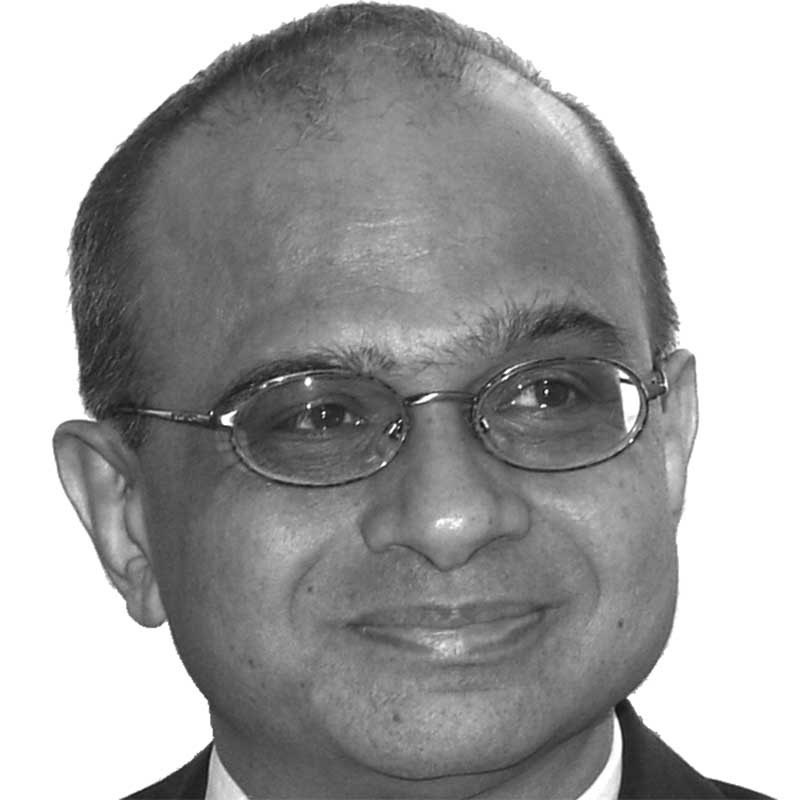
Brahma Chellaney
Brahma Chellaney, a longstanding contributor to The Japan Times, is a geostrategist and the author of "Asian Juggernaut" (Harper, 2010) and "Water: Asia’s New Battlefield" (Georgetown University Press, 2011), which won the 2012 Bernard Schwartz Award. He is professor of strategic studies at the Center for Policy Research, New Delhi.
Sep 27, 2007
Aug 16, 2007
Jul 19, 2007
Jun 26, 2007
Jun 7, 2007
Mar 1, 2007
Dec 14, 2006
Sep 28, 2006
Aug 31, 2006
Aug 19, 2006
Jul 16, 2006
Jul 3, 2006
May 13, 2006
Mar 3, 2006
Jan 27, 2006
Jan 5, 2006
Nov 18, 2005















